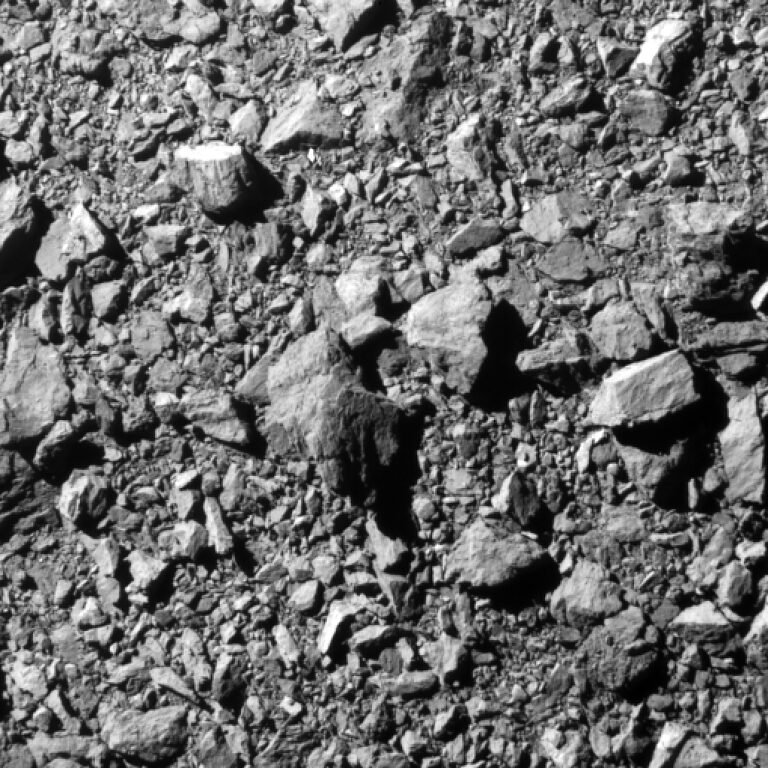Rae Paoletta • Oct 11, 2022
NASA says DART's asteroid impact was a huge success
It’s only been about two weeks since NASA’s DART mission collided with the asteroid moonlet Dimorphos, but the good news is already pouring in.
Today, Oct. 11, NASA announced that not only did DART (Double Asteroid Redirection Test) meet its preliminary goals — it exceeded them by a longshot. In a media briefing, NASA Administrator Bill Nelson confirmed that DART successfully changed Dimorphos’ trajectory, changing the orbit around its parent asteroid, Didymos, from 11 hours and 55 minutes to 11 hours and 23 minutes.
Nelson added that the mission was “expected to be a success” if it altered Dimorphos’ orbit by 10 minutes, but DART did even better, changing it by about 32 minutes.
“We showed the world that NASA is a serious defender of this planet,” Nelson said. “It felt like a movie plot, but this was not Hollywood.”

DART was testing a kind of planetary defense method known as the kinetic impactor technique. This strategy involves a spacecraft intentionally colliding with an asteroid to change its orbit so it’s no longer on a path that could threaten Earth.
Based on today’s announcement, it seems the kinetic impactor technique used by DART could be a promising planetary defense strategy, should humanity ever need to use it.
"A mission like this could save the world," said our CEO, Bill Nye. "We're celebrating here at The Planetary Society today. The DART mission exceeded its goals, changing the orbit of an asteroid. I’m proud of everyone here, because our members have been advocating for Earth-saving missions like DART for many years — sending emails, petitions, and letters to ensure they don't lose funding. We’re still at it. With this mission's success, it turns out to be time and effort well spent."
Learn more about The Planetary Society's planetary defense work.
Let’s Go Beyond The Horizon
Every success in space exploration is the result of the community of space enthusiasts, like you, who believe it is important. You can help usher in the next great era of space exploration with your gift today.
Donate Today

 Explore Worlds
Explore Worlds Find Life
Find Life Defend Earth
Defend Earth

